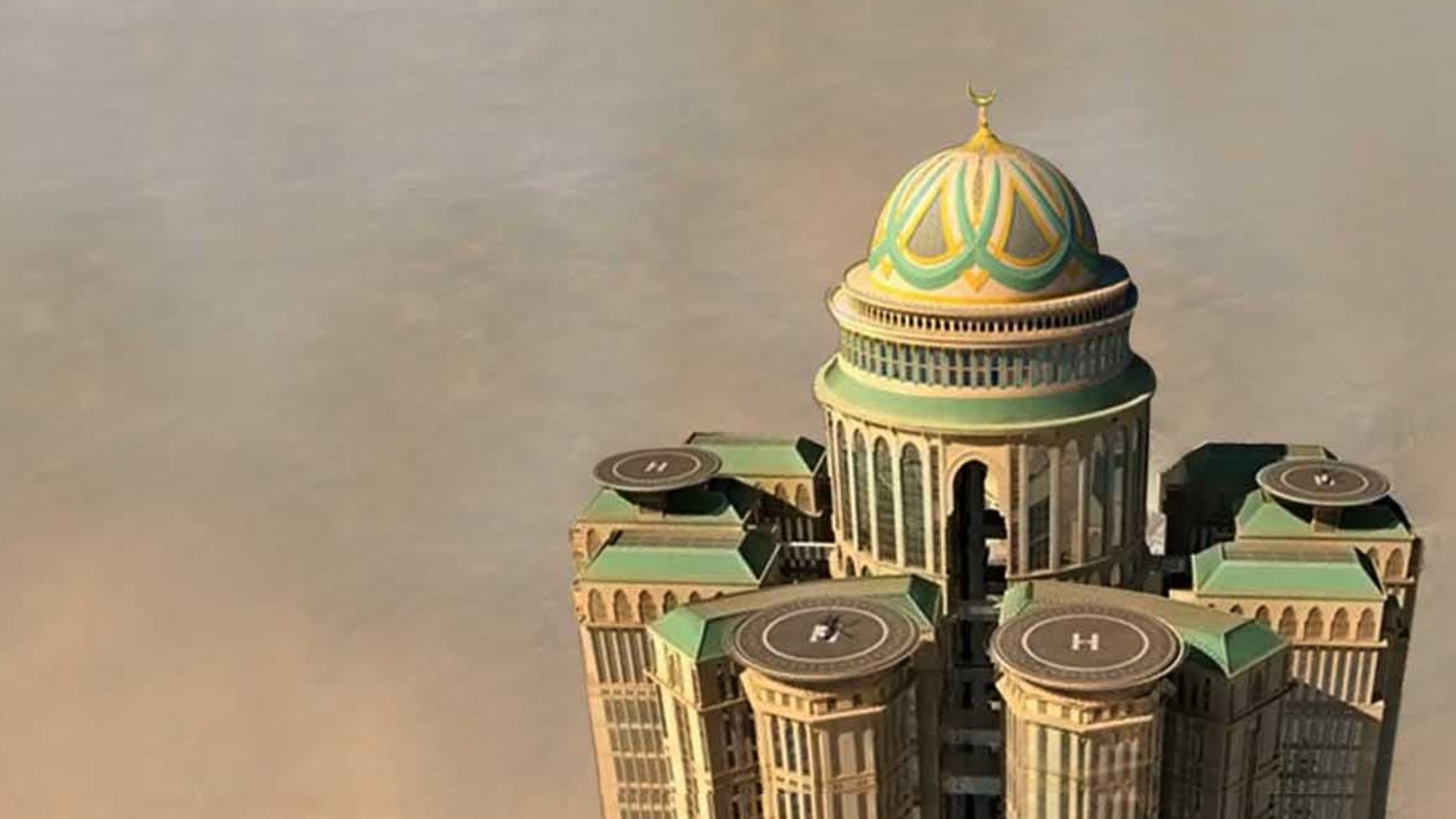The Abraj Kudai Hotel, also known as the “City of Hospitality,” is currently under construction in the holy city of Mecca, Saudi Arabia. This world-class hotel complex is expected to be a major attraction for millions of tourists and pilgrims who visit Mecca every year.
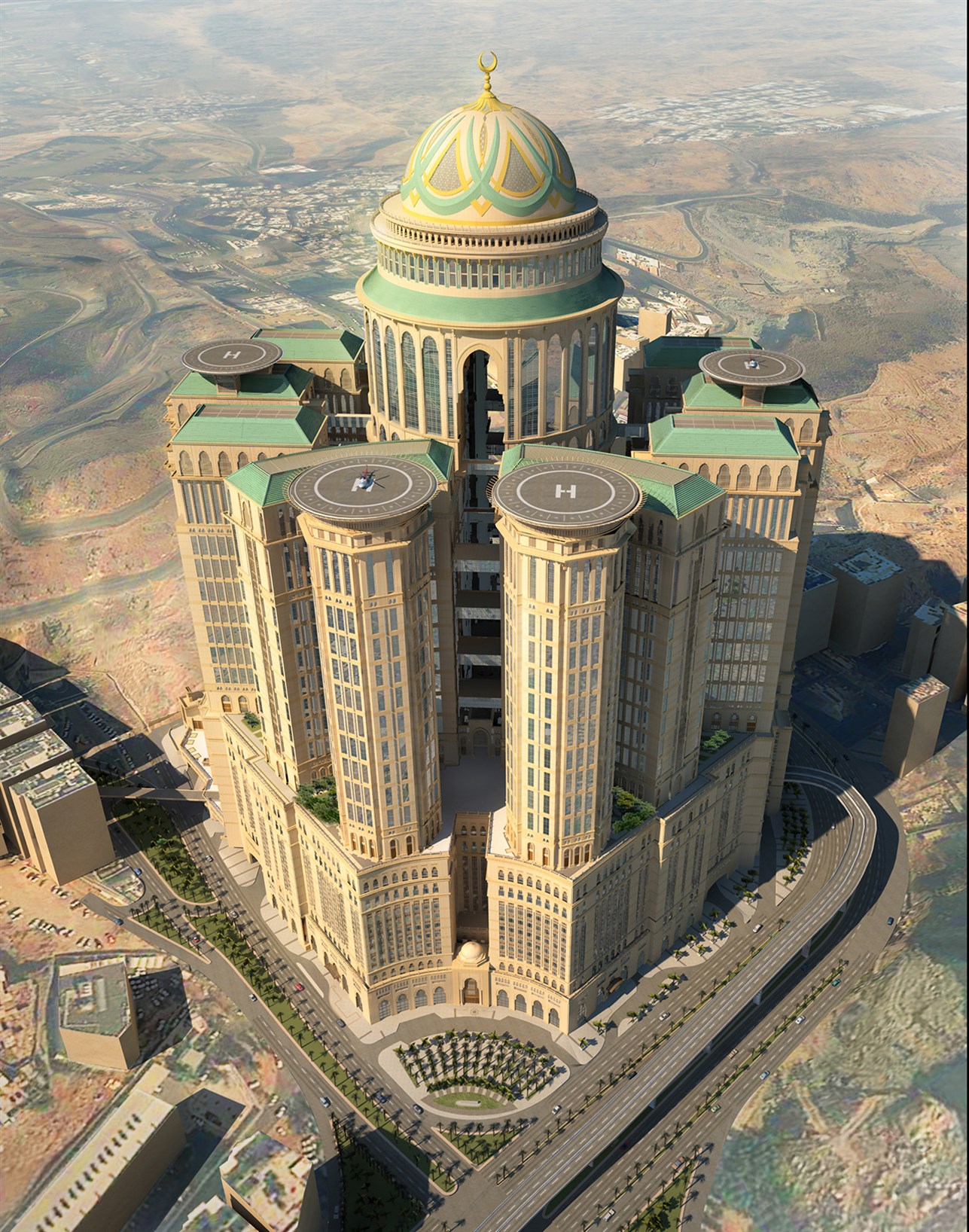
The Abraj Kudai Hotel is a complex of 12 towers that will house up to 10,000 guests in over 10,000 luxury rooms and suites. The towers will be connected by sky bridges, and the complex will also include a shopping mall, numerous restaurants and coffee shops, conference rooms, and a huge ballroom that can accommodate up to 5,000 guests.
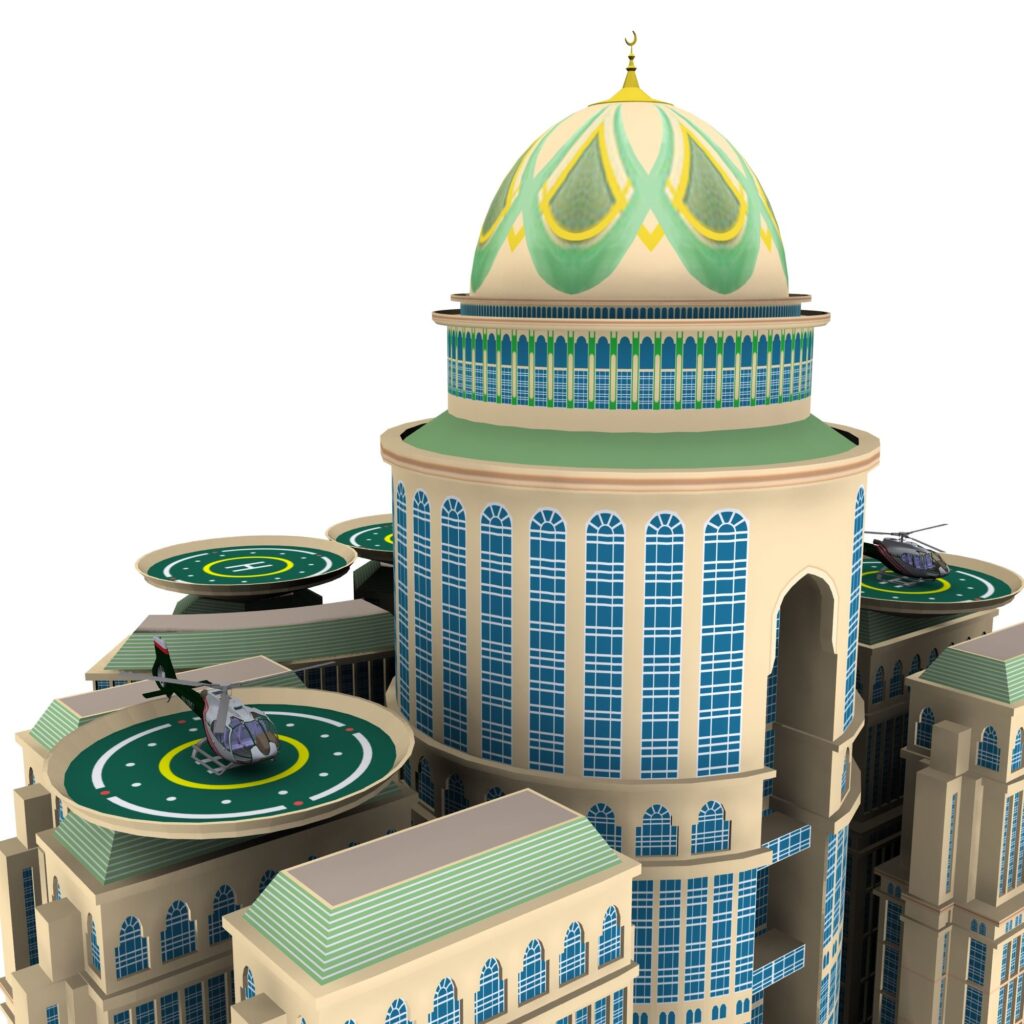
The sheer size and scale of the Abraj Kudai Hotel are truly impressive. According to the developers, the complex covers an area of 1.4 million square meters and has a total floor area of 1.5 million square meters. When completed, it will be the largest hotel in the world.
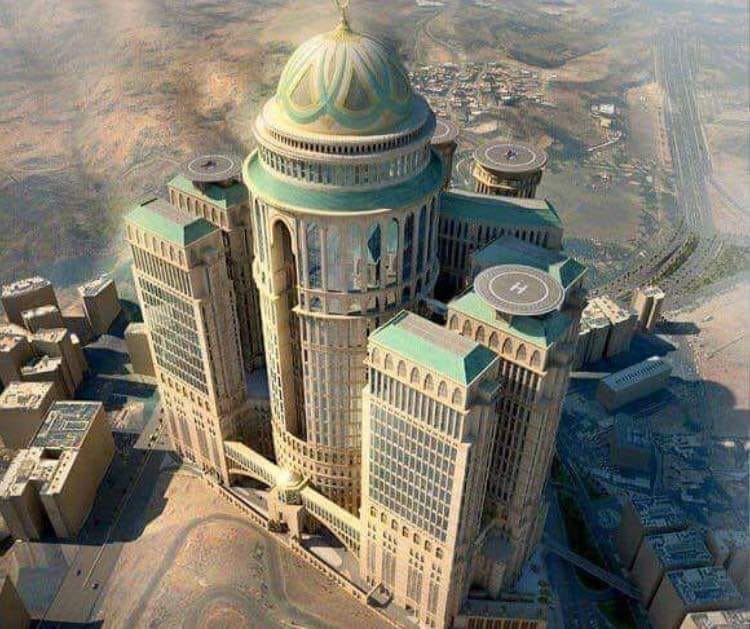
But size is not the only notable aspect of the Abraj Kudai Hotel. The hotel’s design is also unique and innovative, inspired by traditional Islamic architecture. The exterior of the towers features intricate geometric patterns and motifs that blend traditional and modern elements. The color scheme, consisting of shades of gold and silver, is also reminiscent of the pre-Islamic Hejazi architecture.
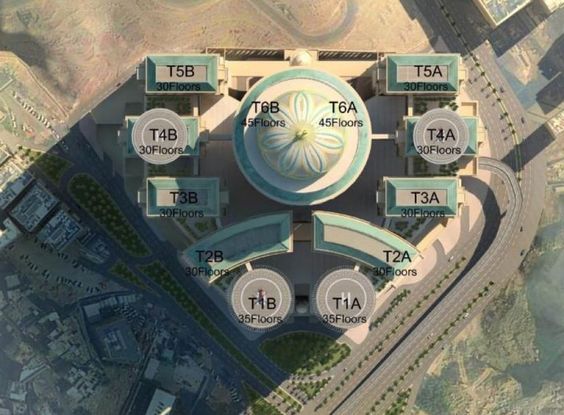
The Abraj Kudai Hotel is not just a luxurious hotel complex; it is also a technological wonder. The hotel will be equipped with state-of-the-art technologies, including smart rooms that can be controlled through a mobile app, robots that can deliver room service, and a central air conditioning system that uses recycled water.
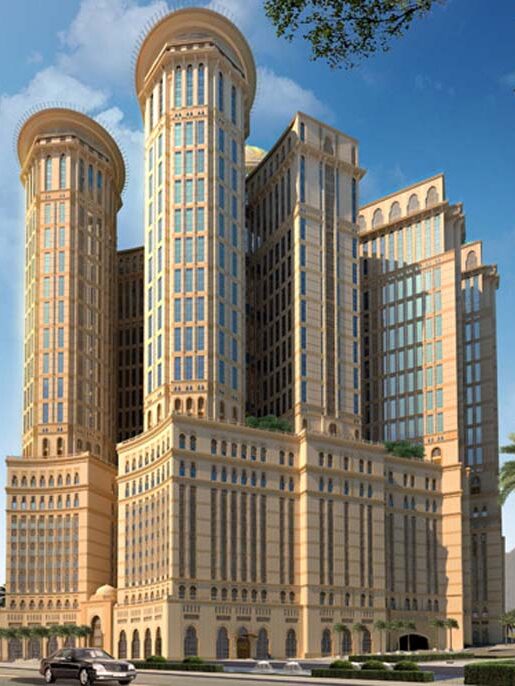
The Abraj Kudai Hotel is not just a hotel; it is also a symbol of Saudi Arabia’s growing wealth and development. The hotel is being built by the Saudi Arabian government-owned Alinma Investment Company, which is investing over $3.5 billion in the project. The hotel is part of a wider development plan to modernize Mecca and expand the holy city’s capacity to accommodate the millions of pilgrims who visit every year.
